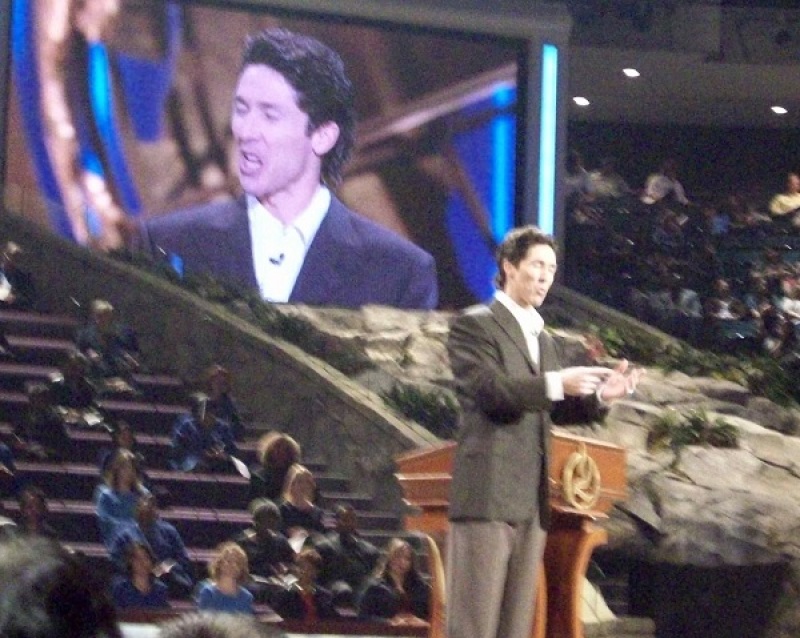
Morgan Freeman met Lakewood Church Pastor Joel Osteen to get answers on questions posed in the third episode of National Geographic's 'Story of God,' titled "Who is God?" which is to be aired on Sunday, April 17.
Freeman asked Osteen who he thought God was, to which the pastor replied in the episode, "I believe God is our Father, the Creator, Somebody that gives us purpose and destiny. Sometimes it's hard for people to say 'how can I believe in something I can't see?' But it's what you choose to believe, through faith."
Freeman said he quite "connected" with Osteen. In his own words he told Page Six: "In a Houston megachurch I connected somewhat. Encouraged to think positive. You don't just get some things just like that! You have to go do it to get it. God's plan for us is to succeed."
The award-winning actor does not consider himself a religious person because he said, he never was pulled towards any religion.
"I went to churches and synagogues, only it never caught hold. At 13, I stopped," he said. The actor said his basis for right and wrong was simply "grandma's big slap on my head," which "always pointed out when I'd done wrong."
"We started with Christianity, Judaism and Islam, and we decided what would work within the construct of six hours," Lori McCreary, the show's executive producer, told CBN News.
"It's the same questions. Why are we here, how did we get here, is there an apocalypse, an afterlife? What is Creation?"
He called himself a "privatist," and did not claim to adhere to any religion, and said that "all of life is this planet. Life ever after is here."
Freeman was intrigued by the idea of creation, and said that creation is something which is inexplicable, just as God is beyond explanation.
"Vatican's papal academy concludes the big bang stands alone, but does not explain Creation. You can't explain Creation. Or people. That's God. You cannot explain God. He's a wonderful sunset. He's things you can see."
The mini-series is aired every Sunday on the National Geographic Channel, where he travels across 20 cities in seven countries and goes to religious places to understand their significance to adherents of faith.

















